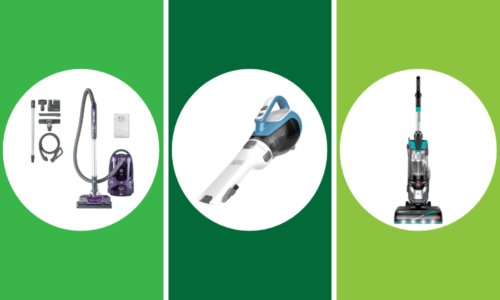I’ll admit it: When I worked a 9–5 job, I always tried to get out the door as fast as possible at the end of the day. By the time the clock hit 4:55, my computer would be off, my coat would be on, and I would just be waiting for 4:59 to leave the floor.
In Japan, this would make me quite the anomaly. Japanese office culture is very demanding. There is pressure on employees to log as many hours as possible at the office, to the extent that some Japanese people literally work themselves to death. There is even a word for this trend—karoshi—which translates to “overwork death” in English. Karoshi often leads to stress-induced heart attacks and strokes.
Japanese officials are looking to change this dangerous office culture, with Prime Minister Shinzō Abe calling for workplace reform in 2016.
Many companies have dedicated themselves to making these life-saving changes. Ideas have included requiring employees to take their vacation days, turning the office lights off at 10 p.m. and offering other incentives to encourage employees to take a break.
Tokyo-based nursing care business Saint-Works is taking a humorous approach to this very serious subject problem. They require employees who take on overtime to wear purple capes that broadcast their decision to do so. Not only does this serve to embarrass the employee and encourage them to head home and take a break, but it also alerts their colleagues and their managers that they may be pushing themselves too far.
‘Embarrassment capes’ one of the tactics used by Japanese businesses to cut back on people overworking https://t.co/9lBXwRfCYy
— Seth Palmer (@sethpalmer3) January 8, 2018
While it might seem mean to make someone wear a purple cape, the intent is actually quite caring and sweet: Managers want to make sure their employees are practicing self-care and not putting their health on the line just for overtime hours.
Other companies have also come up with inventive ways to get employees to leave the office, such as flying a drone around the office that plays “go home” music.
Although these ideas are a bit silly, if it can help save just one worker’s life, then it’s well worth it.
[h/t: Working Mother]








